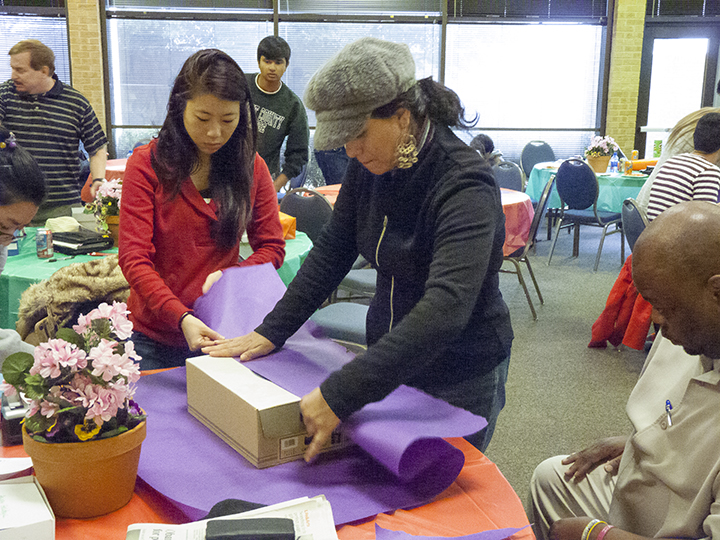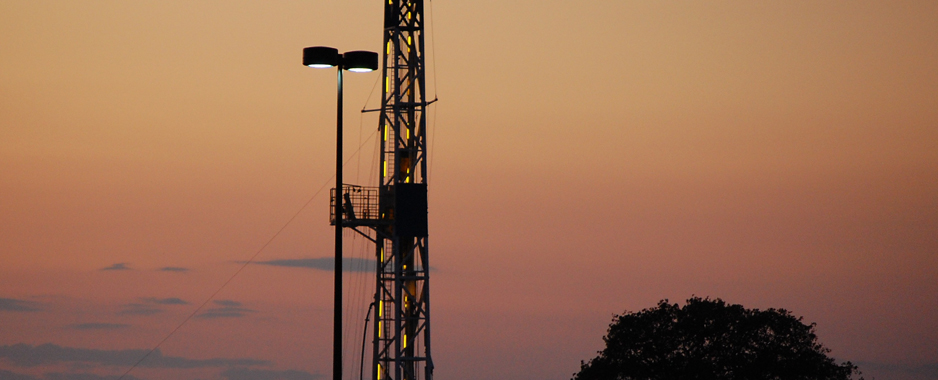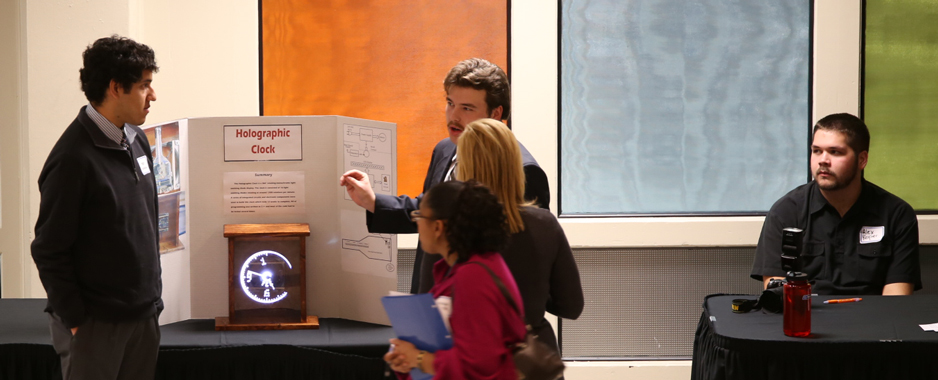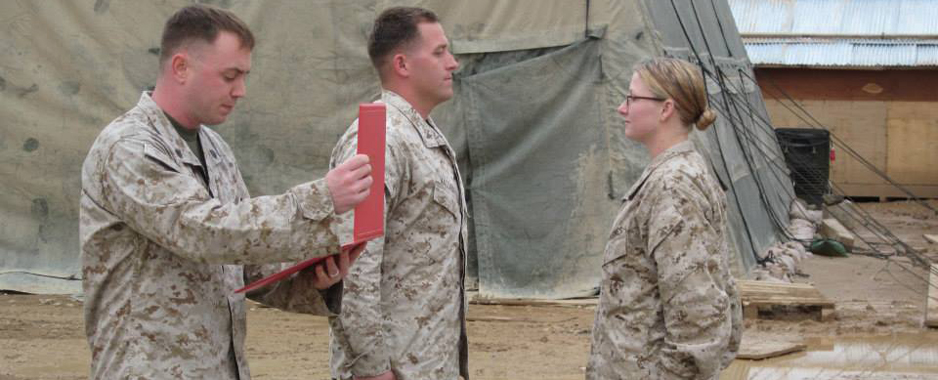By Tamenia Jourdan/reporter
West Point alumnus and NE continuing education coordinator of special projects Harry Johnson gave insight on what it’s like to be a cadet.
Founded in 1802, the U.S. Military Academy in West Point, N.Y., is known for its leadership and camaraderie. Only about 4,400 people attend the academy each year.
Unlike public colleges with fraternities and sororities, the academy has companies — 36, each with a different personality, Johnson said. Only 10 to 12 percent of the attendees are females, making West Point a male-dominated atmosphere.
From the freshman to the senior year, cadets are challenged and supported by upperclassmen, a key part in the academy’s leadership, Johnson said. The academy makes every cadet follow, and over time, every cadet gets a chance to lead.
West Point is for individuals who want to obtain a college degree and then go into the military.
The academy simply provides an environment primarily military in its structure while also providing the academic disciplines necessary for them to earn a degree, Johnson said.
“So you do your four to five years at the academy and then graduate as an officer, and then you have to serve your four to five years in the Army,” he said.
Cadet Nicole Zajimovic is in the 2016 class at West Point.
“I love West Point. It’s amazing!” she said. “I hated it at first because it was a huge culture shock to me, but now I couldn’t see myself going to any other school.”
The process to apply is pretty daunting and can be frightening, Zajimovic said.
“Once you’re there, it’s not as bad as what you thought it would be,” she said.
Zajimovic is a “Cow” (junior) this year and said being a cadet has already granted her great opportunities.
“So many of my friends have got to travel and do study abroad,” she said. “I already went to Germany and will study abroad this year.”
West Point is unlike other colleges in its distinct style of military approach as well as how they classify their cadets, Zajimovic said.
“As a freshman, you’re considered a Plebe,” she said. “It’s tough because you can’t talk outside of your room, and you have to greet every upperclassman you see.“
Johnson then added that Plebes also have to take out trash, deliver laundry to upperclassmen and recite knowledge about the academy on site and on command if and when an upperclassman requests.
“As a Plebe, when I attended the Academy, you couldn’t go home,” Johnson said. “Only upperclassmen get to go home. And there are no cellphones and or any other electronics.”
The Plebe year might be viewed as the toughest, but Zajimovic thinks it’s just because of the unfamiliarity.
“I didn’t go to private school like some of my friends at the academy did,” she said. “I went to public school, so things like having to wear uniforms every part of the day was something new to me.”
Zajimovic said every cadet must pass the Indoor Obstacle Course Test to graduate.
“West Point focuses on academics, leadership and athletics,” Johnson said.
Women must finish the course in five and a half minutes or less and men in three and a half minutes or less.
“It’s the ultimate physical challenge, but it’s not as hard as what outsiders perceive it to be,” Zajimovic said. “Every cadet has to be a part of a club or intramural team unless you compete for the Academy at the NCAA Division I level.”
Zajimovic said the teamwork makes the experience worthwhile.
“I’ve met some of my best friends that I will have for a lifetime,” she said. “That’s because we all experienced the same thing, and we all made sure we motivated and helped one another.”





























